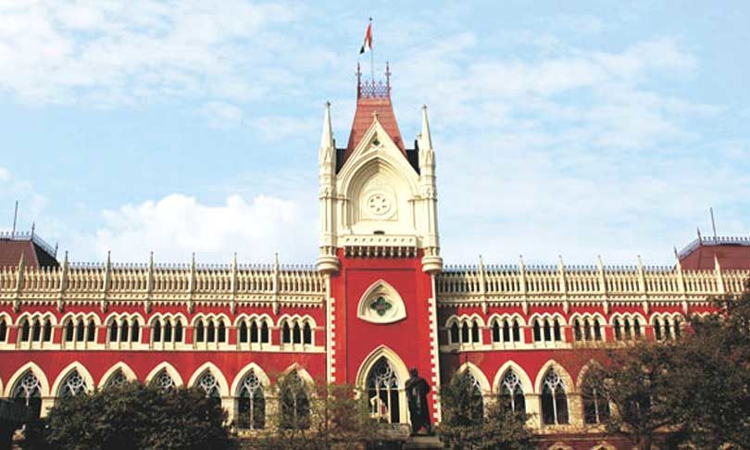The Calcutta High Court has held that criminal proceedings cannot be initiated for recovery of amount due under an arbitration award. The bench of Justice Tirthankar Ghosh held that a party aggrieved by non-payment of amount due under a post award settlement agreement should not resort to filing a criminal case by giving a civil dispute criminal colour as the same is an abuse of...

